
Himalayan Zoological Park Darjeeling
A sprawling zoological park nestled in the Himalayas, dedicated to preserving rare wildlife with breathtaking views of Mount Khangchendzonga.
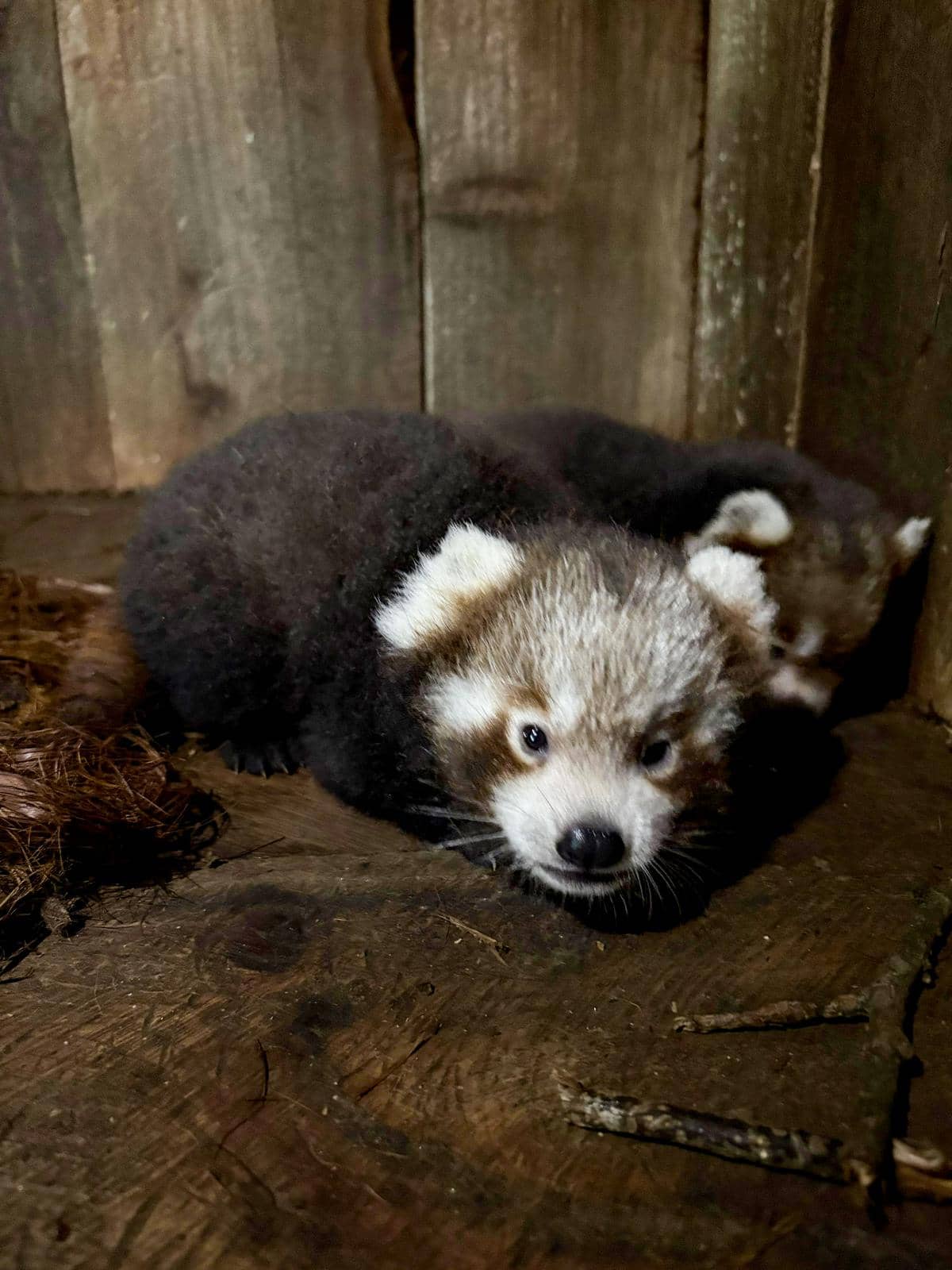
Highlights
Must-see attractions
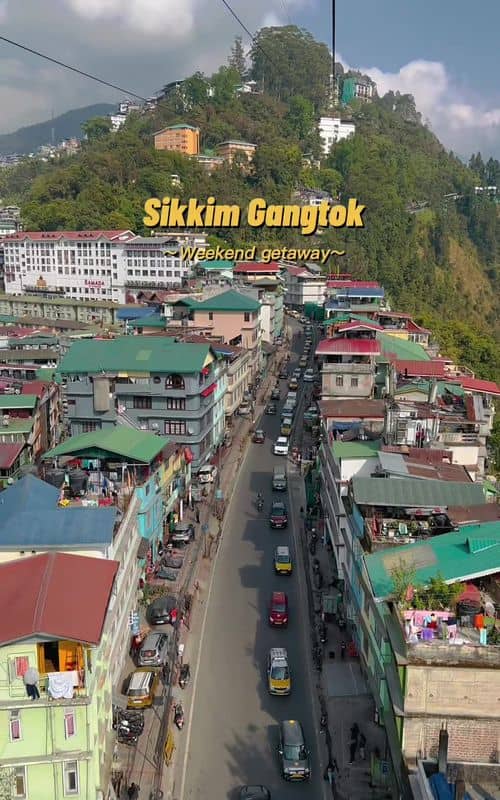
Social
From TikTok & Reddit
Best Time
Clearer skies, active animals

Himalayan Zoological Park Darjeeling
Best Time
Clearer skies, active animals

Highlights
Must-see attractions
A sprawling zoological park nestled in the Himalayas, dedicated to preserving rare wildlife with breathtaking views of Mount Khangchendzonga.
"A good amount of walking required, but it only enhanced the vibe and gave a very natural essence."
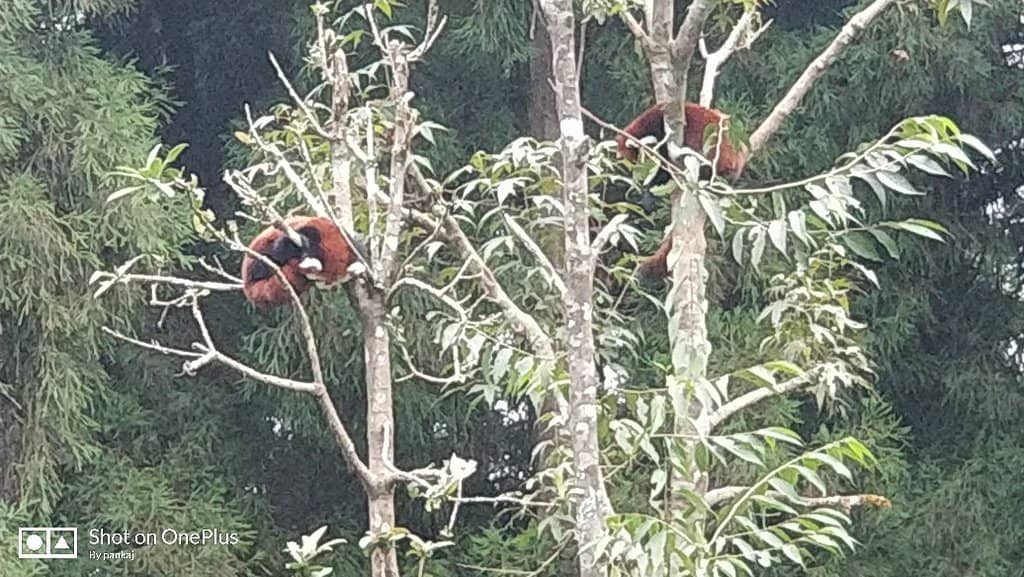
Wear Comfortable Shoes
Steep, hilly terrain requires good walking shoes. You'll be doing a lot of exploring! :athletic_shoe:
Pack for Rain
Weather changes quickly. A light raincoat or umbrella is essential, even on sunny days. :umbrella:
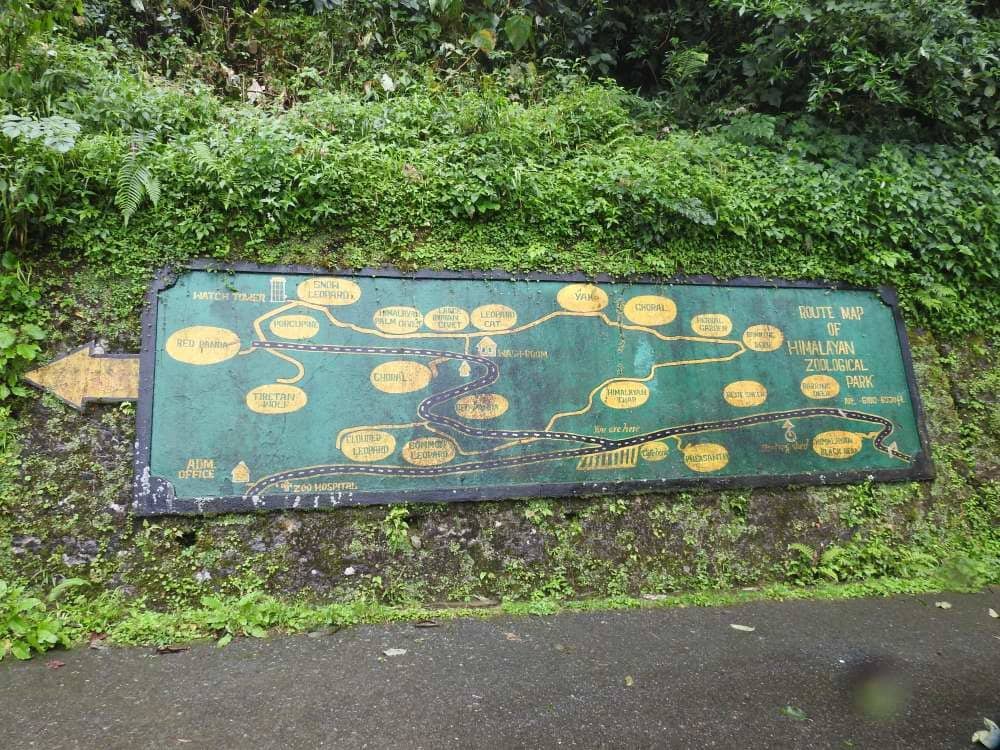
Highlights
Discover the most iconic attractions and experiences

Red Panda
Star attraction enclosure
The elusive and adorable Red Panda is the park's main draw. Keep your eyes peeled!
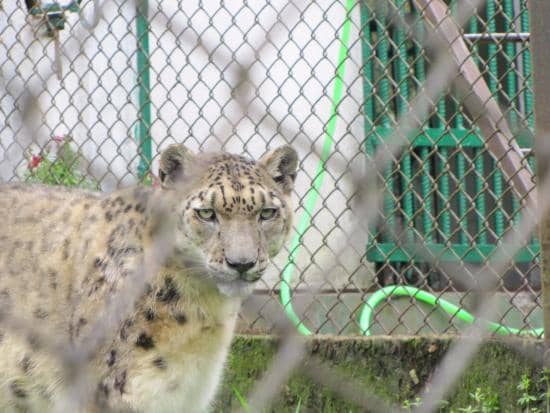
Snow Leopard
Higher altitude enclosure
Catch a glimpse of this rare and majestic big cat adapted to the cold mountain climate.
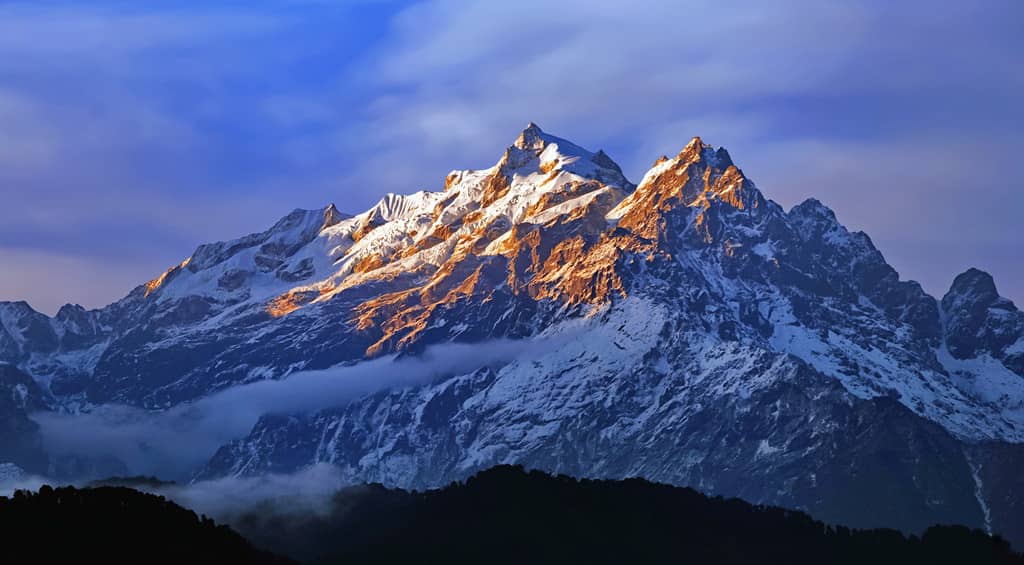
Khangchendzonga Views
Watchtower and various viewpoints
Spectacular panoramic views of the world's third-highest mountain, Mount Khangchendzonga.
Plans like a pro.
Thinks like you
Planning Your Visit
Embrace the Terrain
Wildlife Sightings & Weather
Best Times
Insider Tips
from TikTok, Instagram & Reddit
Wear Comfortable Shoes
Steep, hilly terrain requires good walking shoes. You'll be doing a lot of exploring! :athletic_shoe:
Pack for Rain
Weather changes quickly. A light raincoat or umbrella is essential, even on sunny days. :umbrella:
Allow Ample Time
Dedicate 4-5 hours to truly enjoy the park, spot animals, and soak in the nature. :clock:
Taxi is Best
Public transport is limited. Hiring a taxi or using a personal vehicle is recommended for access. :car:
Tips
from all over the internet
Wear Comfortable Shoes
Steep, hilly terrain requires good walking shoes. You'll be doing a lot of exploring! :athletic_shoe:
Pack for Rain
Weather changes quickly. A light raincoat or umbrella is essential, even on sunny days. :umbrella:
Allow Ample Time
Dedicate 4-5 hours to truly enjoy the park, spot animals, and soak in the nature. :clock:
Taxi is Best
Public transport is limited. Hiring a taxi or using a personal vehicle is recommended for access. :car:
Check Animal Activity
Wildlife sightings depend on weather and time. Be patient and enjoy the flora if fauna is shy. :deer:
What Travellers Say
Reviews Summary
Visitors praise the park's natural setting and the opportunity to see rare Himalayan wildlife like the Red Panda and Snow Leopard. The stunning views of Mount Khangchendzonga are a major draw. However, the steep terrain can be challenging, and animal sightings are not guaranteed due to weather and natural behavior.
"This is a very well maintained garden with a lot of varieties of flowers. This place is known for its rhododendron collection. You get them in all colors. I was mesmerized by the flower collection. It would be great if they can have a functional cafe but the stalls outside serve great tea and momos. We also bought a shawl from there and it was good quality."
Ashish Prakash
"The Sikkim Himalayan Zoological Park is located in Bulbuley, about 3 to 6 kilometers from Gangtok. Set across a vast forested hillside, the park focuses on preserving Himalayan wildlife in large, naturalistic enclosures. It also offers spectacular views of the Khangchendzonga mountain range. You can drive your own vehicle, but be prepared for a fee. The drive up the hillside offers beautiful scenery."
Is Hu
"Wild, natural, cozy, and simply beautiful. Yet frequent rains might hamper animals from coming out of their cage/safe spots, thus making it a flora visit instead of a fauna visit"
David Thomas
What People Like
What People Dislike
Frequently Asked Questions
🚇 🗺️ Getting There
The park is located about 3-6 kilometers from Gangtok. It's best accessed by taxi or personal vehicle as public transport options are limited. The drive up the hillside offers scenic views. :car:
Yes, there is parking available. You can drive your vehicle up to a certain point, but be prepared for a fee. The ride from the main entry to the parking is described as aesthetic and fun. :parking:
While it's a relatively short distance, the terrain is steep and hilly. It's generally recommended to take a taxi or vehicle for convenience and to save energy for exploring the park itself. :walking:
The park is spread out. You can drive your vehicle to the parking area, and then walk the rest of the way. The initial walk to the parking might be significant, so consider driving directly to the parking if possible. :car:
Public transport is not readily available for direct access to the Sikkim Himalayan Zoological Park. Hiring a taxi or arranging private transport is the most practical method. :bus:
🎫 🎫 Tickets & Entry
Information on specific ticket prices is not readily available in the provided content. It's advisable to check the official park website or inquire locally upon arrival for the most current pricing. :ticket:
The opening hours are not specified in the provided reviews. It's recommended to check for the latest timings before your visit, as they can vary seasonally. :clock:
There is no mention of a requirement to book tickets in advance. Typically, for such parks, tickets can be purchased at the entrance. :credit_card:
Yes, there is a fee for bringing your own vehicle into the park. This is mentioned as a consideration when planning your visit. :moneybag:
While not strictly enforced, early mornings or late afternoons might offer better chances for animal sightings as they tend to be more active then. :sunriseovermountains:
🎫 🏞️ Onsite Experience
The park is home to several rare Himalayan species, including the Red Panda, Snow Leopard, Himalayan Black Bear, Himalayan Monal, Tibetan Wolf, Goral, and Barking Deer. Birdlife like pheasants and blood pheasants are also present. :redpanda: :snowleopard:
The terrain is steep and hilly in places, making it challenging for the elderly or those with mobility issues. It's not ideal for visitors who have difficulty with inclines. :wheelchair:
A minimum of 2-3 hours is recommended for a comfortable exploration. However, to fully enjoy the environment, spot animals, and take photos, setting aside 4-5 hours is ideal. :stopwatch:
The weather is generally cool and misty throughout the year, especially in the mornings and late afternoons. Be prepared for rapid weather changes. :cloud:
Yes, the park offers spectacular views of Mount Khangchendzonga from various points, including a dedicated watchtower. :mountain_snow:
🍽️ 🍽️ Food & Dining
The reviews mention a desire for a functional cafe inside the park. However, stalls outside the park serve great tea and momos. :tea: :dumpling:
While not explicitly stated, it's generally permissible to bring your own snacks and water to most zoological parks. However, it's always good to check park rules. :apple:
Outside the park, you can find stalls selling local snacks like tea and momos, which are highly recommended. :foodie:
The reviews specifically mention stalls outside the park serving food. For more formal dining, you would likely need to return towards Gangtok. :restaurant:
Momos are a popular snack, and they are often available in vegetarian versions. Local tea is also a safe bet. :leafy_green:
📸 📸 Photography
The viewpoints offering panoramic views of Mount Khangchendzonga are excellent for landscape photography. For wildlife, patience is key, especially near the Red Panda and Snow Leopard enclosures. :camera:
The enclosures are designed to be naturalistic, which can sometimes make spotting and photographing animals challenging. Distance and weather can also be factors. :camerawithflash:
Mornings and late afternoons offer softer, more diffused light, which is generally better for photography. Midday sun can be harsh. Misty conditions can create a unique, atmospheric effect. :sunwithface:
There is no information regarding drone usage. It's highly probable that drones are not permitted in zoological parks for the safety of animals and visitors. :noentrysign:
Given the potential for low light and fast-moving animals, a camera with good low-light performance and a telephoto lens would be beneficial. Consider a tripod for stability if conditions are dim. :dslr:
For Different Travelers
Tailored advice for your travel style
👨👩👧 Families with Kids
To make the most of the visit, consider visiting during milder weather conditions and allocating a full day. The scenic drive up to the park is also an enjoyable part of the experience. Focus on the educational aspect of learning about Himalayan wildlife and the importance of conservation. The views of Mount Khangchendzonga can also be a breathtaking highlight for the whole family.
🚶♀️ Nature Enthusiasts & Hikers
Pack appropriately for the variable weather, including a raincoat and sturdy footwear. The chance to spot rare species like the Red Panda and Snow Leopard, along with the stunning views of Mount Khangchendzonga, makes the effort worthwhile. Allocate ample time, at least 4-5 hours, to fully immerse yourself in the environment and increase your chances of wildlife encounters. The journey to the park itself, often along scenic mountain roads, adds to the overall adventure.
Deep Dives
In-depth insights and expert knowledge
Himalayan Wildlife Encounters
Beyond mammals, the park is a haven for birdlife. Birdwatchers can delight in spotting various species, including the vibrant Himalayan Monal and the elusive Blood Pheasant, along with different types of partridges. The sheer variety of avian life adds another layer of appeal to the park. However, it's important to manage expectations regarding sightings. Frequent rains and the animals' natural instincts can mean they retreat to sheltered spots, making sightings sparse at times. The best chances often come during the cooler, misty mornings or late afternoons when animals are more active.
Tips for maximizing wildlife sightings: Visit during the spring or autumn months for generally clearer weather. Arrive early in the morning or stay until late afternoon. Be patient and quiet, and consider bringing binoculars. While the park is designed for viewing, remember that these are wild animals, and their behavior is unpredictable. The experience is as much about appreciating the natural setting as it is about spotting specific creatures.
Navigating the Scenic Slopes
Getting to and around the park requires some planning. While it's located a few kilometers from Gangtok, public transport is scarce. The most practical way to reach the park is by taxi or personal vehicle. You can drive up to a designated parking area, and the ride itself is often described as scenic. From the parking, you'll embark on your exploration on foot. The park's extensive spread means you should allocate a good chunk of your day, ideally 4-5 hours, to truly explore without rushing and to increase your chances of spotting animals.
Weather considerations are also crucial for navigating the park. The region experiences frequent rainfall, and the weather can change rapidly. Carrying a light raincoat or umbrella is highly recommended :umbrella:. The cool, misty atmosphere is characteristic of the area, especially in the mornings and evenings. Being prepared for these conditions will ensure a more comfortable and enjoyable experience as you traverse the beautiful, albeit challenging, landscape of the zoological park.
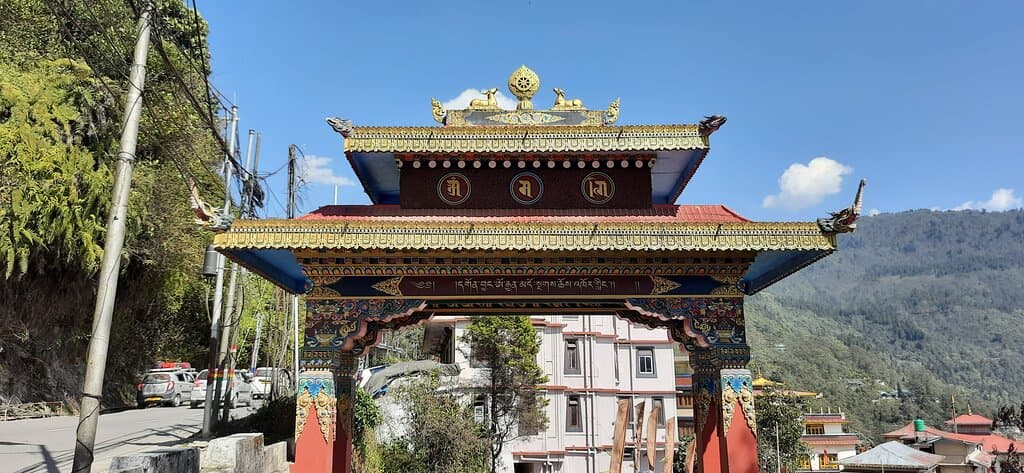
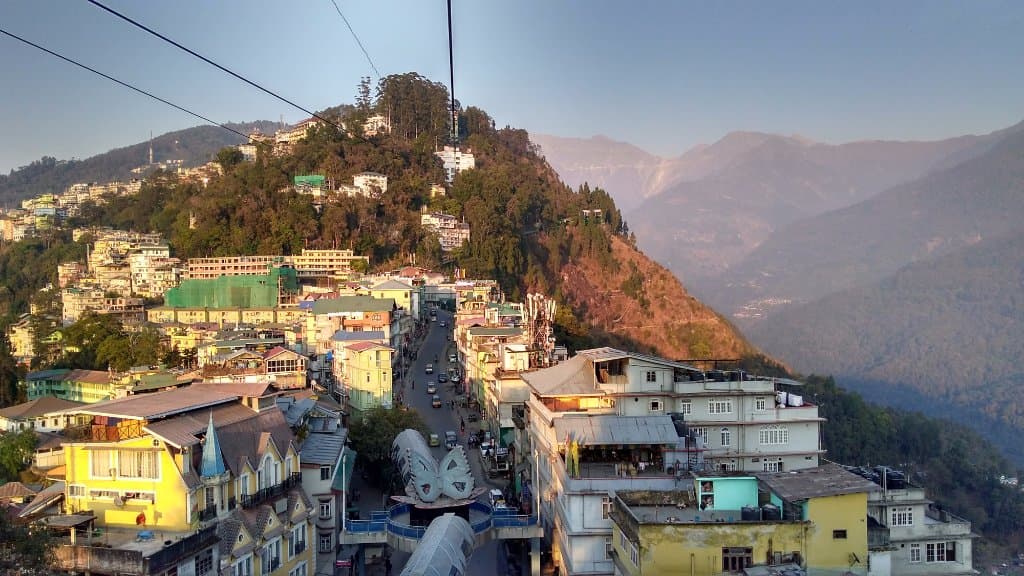

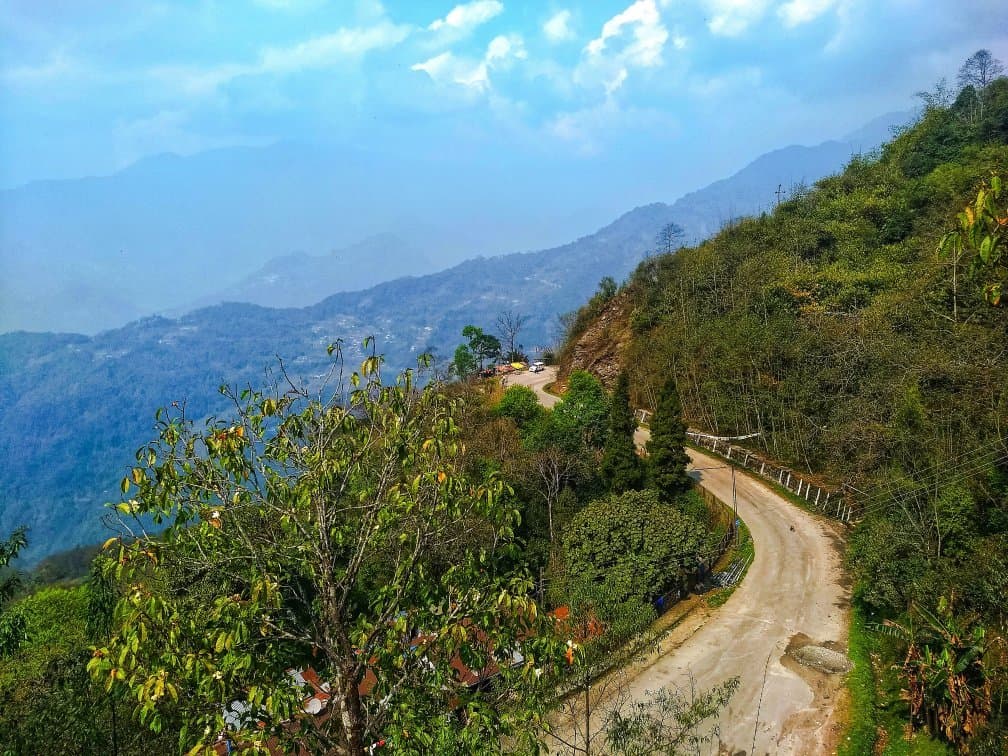
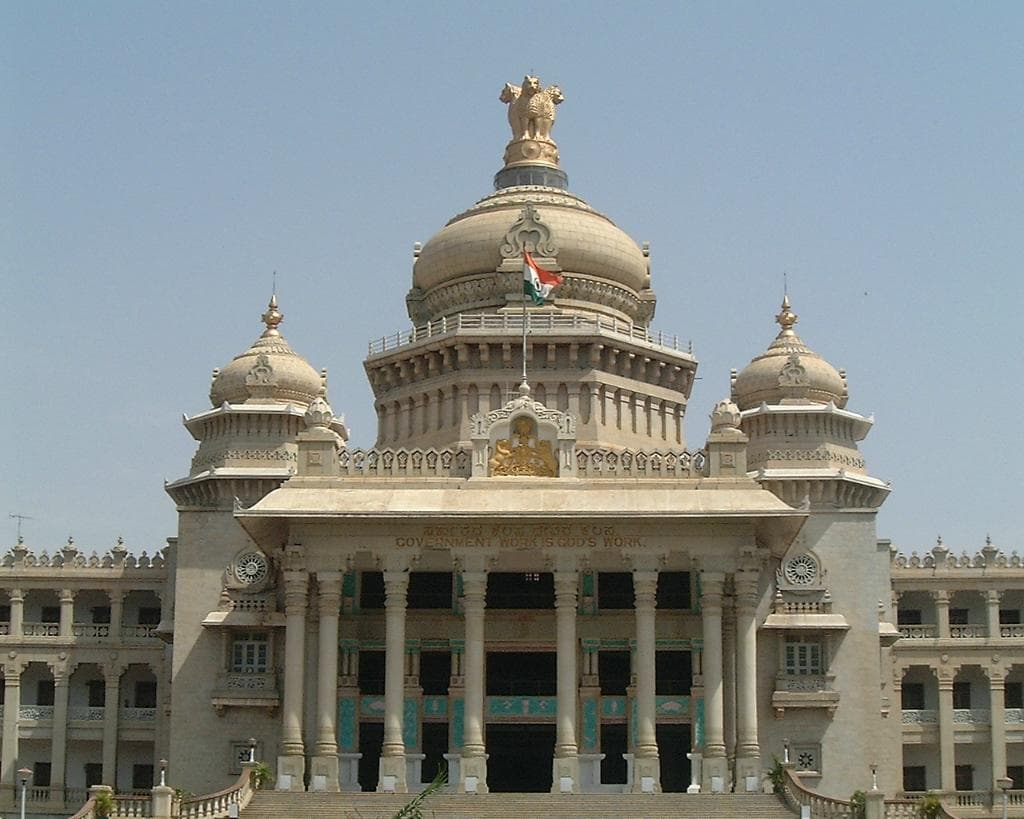
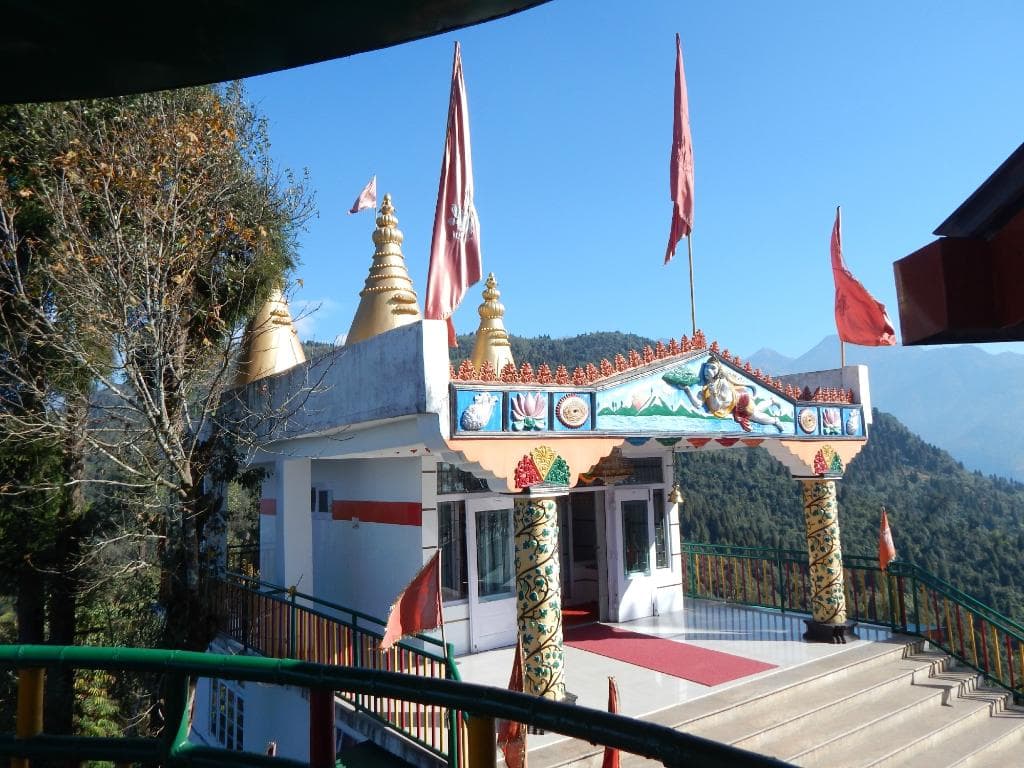
Social
from TikTok, Instagram & Reddit